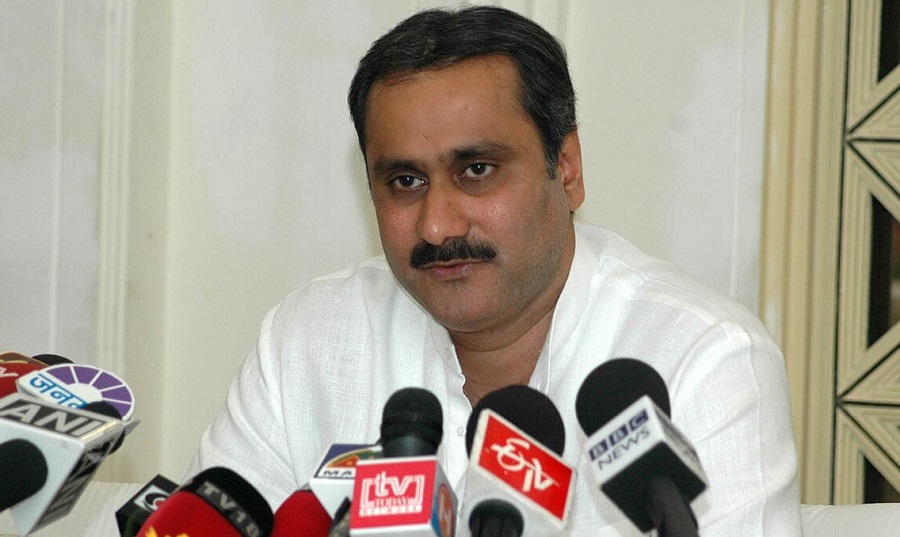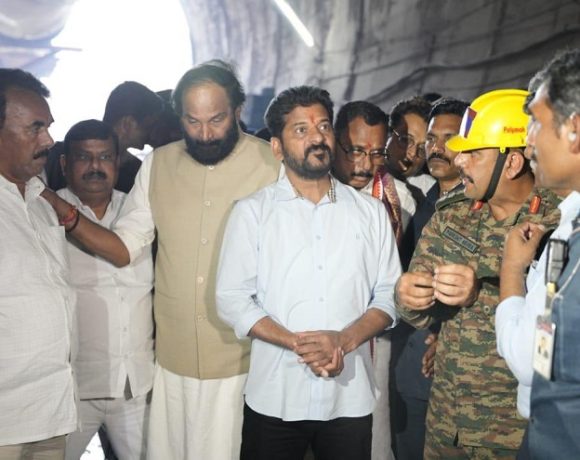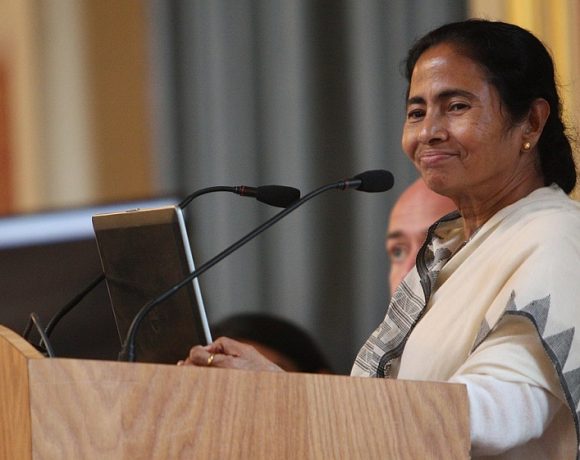
Ramadoss Regrets Making Son Union Minister at 35
In a rare moment of introspection, Pattali Makkal Katchi (PMK) founder Dr. S. Ramadoss publicly admitted that appointing his son Anbumani Ramadoss as Union Health Minister at the age of 35 was a mistake. His remarks, made during an internal party meeting, reflect mounting dissatisfaction within the party over recent political decisions, particularly Anbumani’s unilateral move to align PMK with the BJP for the 2024 Lok Sabha elections.
Ramadoss stated that he had preferred an alliance with the AIADMK but was overruled by Anbumani and his wife Sowmiya Ramadoss. “It was a mistake to make him a Union Minister at 35,” he was quoted as saying, adding that the duo bypassed party elders and failed to consult the wider leadership before making the decision.
Rift Over BJP Alliance Widens
The PMK, a key political outfit in Tamil Nadu with strong support among the Vanniyar community, has found itself in turmoil following its controversial pre-election alignment with the BJP. The decision was reportedly taken without consulting party founder S. Ramadoss or senior leaders, sparking discontent and raising concerns about the centralization of decision-making under Anbumani’s leadership.
Anbumani, who served as Union Health Minister from 2004 to 2009, has been facing internal criticism not only for policy decisions but also for sidelining traditional party values. The recent fallout has led to a faction within PMK questioning the leadership structure and demanding more participatory governance within the party.
PMK Faces Leadership Crisis
This latest episode has exposed a deeper leadership crisis within PMK, with Ramadoss now openly challenging the political direction taken by his son. What was once considered a strategic generational transition has now become a source of ideological and operational rift within the party.
As the Lok Sabha elections approach, the party’s ability to present a unified front is under serious strain. The conflict between generational ambition and foundational ideology is now playing out in public, with long-time cadres and grassroots supporters seeking clarity on whether the party will stick to its roots or continue under a new political path driven by Anbumani.
Ramadoss’s remarks may have reignited hopes among traditionalists in the party for a course correction, but whether it leads to a leadership overhaul or just further infighting remains to be seen.


















